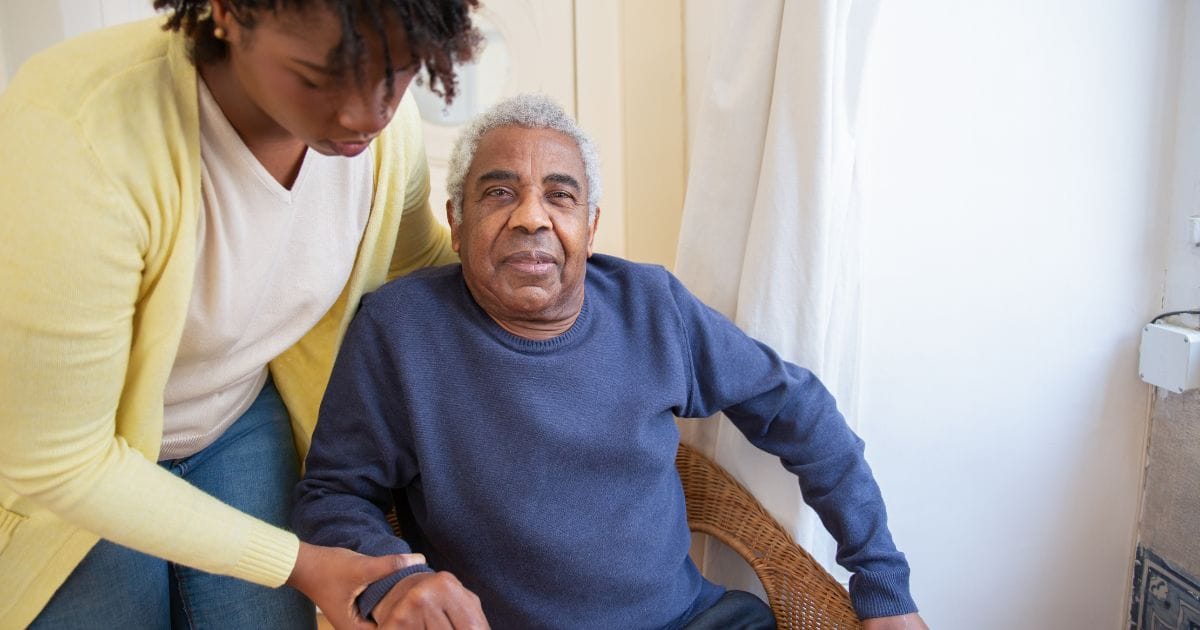By Terri Dee, Indiana News Service
Stress and normal aging often are blamed for a misplaced cell phone, car keys or the words to a familiar song. But these also could be the warning signs of early-onset Alzheimer’s disease.
June is Alzheimer’s and Brain Health Awareness Month. In Indiana, it’s estimated that about 110,000 people over 65 live with Alzheimer’s – a number that’s expected to grow by 20,000 in the next two years.
Initially, a person has difficulty remembering recent events. The middle stage can produce disorientation, mood swings, neglect of hygiene and language difficulties.
Laura Forbes – communications director with the Alzheimer’s Association Greater Indiana chapter – said the disease can’t be prevented, but there are ways to reduce the risk.
“Eating a healthy diet, exercising, not smoking – all of those things that you typically hear about when it comes to physical health,” said Forbes. “But in the case of brain health, being socially active, keeping your mind engaged, doing crossword puzzles.”
The latest data from the Alzheimer’s Association of Greater Indiana confirms the disease disproportionately affects women.
Black people are twice as likely to be diagnosed as white people, and Hispanics one and a half times more likely to get an Alzheimer’s diagnosis.
In late-stage Alzheimer’s, a person often can’t feed or dress themselves, so the role of a caregiver is extremely important. Forbes said it isn’t unusual for caregivers to be so focused on their loved one that they neglect their own health.
The Indiana study says almost 58% of caregivers report chronic health issues related to their caregiving duties, and nearly 19% said they’re in “poor general health.”
A National Institute on Aging report on caregiving for Alzheimer’s patients says it’s normal for caregivers to feel discouraged, sad, lonely, frustrated, confused – even angry.






